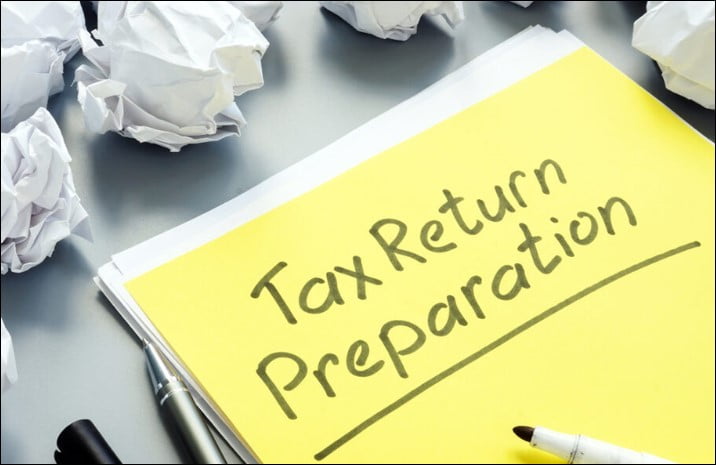If you are a UK taxpayer who needs to file a Self Assessment tax return, you might be wondering when the deadline is and what happens if you miss it. In this blog post, we will answer these questions and provide some tips on how to avoid penalties and reduce your tax bill.
What is the deadline for filing a tax return?
The deadline for filing a tax return depends on whether you choose to submit it on paper or online. The last tax year started on 6 April 2022 and ended on 5 April 2023. The deadlines for submitting your tax return for this tax year are:
• 31 October 2023 if you file on paper
• 31 January 2024 if you file online
You must also pay any tax you owe by 31 January 2024. If you have to make advance payments towards your bill (known as ‘payments on account’), you may have to pay a second instalment by 31 July 2024.
If you are not sure whether you need to file a tax return, you can check on the GOV.UK websitehttps://www.gov.uk/self-assessment-tax-returns/deadlines. You must tell HMRC by 5 October 2023 if you need to complete a tax return and have not sent one before. You can do this by registering for Self Assessmenthttps://www.gov.uk/self-assessment-tax-returns.
What happens if you miss the deadline?
If you miss the deadline for filing your tax return or paying your tax bill, you may face penalties and interest charges. The penalties for late filing are:
• £100 if your tax return is up to 3 months late
• £10 for each additional day if your tax return is more than 3 months late, up to a maximum of £900
• 5% of the tax you owe or £300, whichever is greater, if your tax return is more than 6 months late
• Another 5% of the tax you owe or £300, whichever is greater, if your tax return is more than 12 months late
The penalties for late payment are:
• 5% of the tax you owe if your payment is 30 days late
• Another 5% of the tax you owe if your payment is 6 months late
• Another 5% of the tax you owe if your payment is 12 months late
You will also have to pay interest on the amount you owe from the due date until the date you pay.
You can appeal against a penalty if you have a reasonable excuse, such as a serious illness, bereavement, or fire. You can find out more about how to appeal on the GOV.UK websitehttps://www.gov.uk/self-assessment-tax-returns/deadlines.
How can you avoid penalties and reduce your tax bill?
The best way to avoid penalties and interest charges is to file your tax return and pay your tax bill on time. Here are some tips to help you do this:
• Keep records of your income and expenses throughout the year, such as bank statements, receipts, invoices, and payslips. This will make it easier to fill in your tax return accurately and claim any allowances or reliefs you are entitled to.
• Use an online service or software to file your tax return. This will save you time and hassle, as well as reduce the risk of errors. You can use the HMRC online service https://www.gov.uk/self-assessment-tax-returns or choose from a list of approved software providers
• Check your tax code and personal allowance. Your tax code tells your employer or pension provider how much tax to deduct from your income. Your personal allowance is the amount of income you can earn before you pay any income tax. You can check your tax code and personal allowance on your government gateway
• Claim any expenses or deductions that are relevant to your income. For example, if you are self-employed, you can claim expenses that are wholly and exclusively for the purpose of your business, such as travel, stationery, or equipment. If you are employed, you can claim expenses that are necessary for your work, such as uniforms, tools, or professional fees. You can find out more about what expenses you can claim on the GOV.UK website
• Make use of any allowances or reliefs that can reduce your taxable income or capital gains. For example, you can use your personal savings allowance, dividend allowance, marriage allowance, or gift aid donations to lower your income tax bill. You can also use your annual exempt amount, capital losses, or reliefs such as entrepreneurs’ relief or private residence relief to lower your capital gains tax bill.
• Plan ahead and save for your tax bill. If you know how much tax you are likely to owe, you can set aside some money each month to pay it. You can use an online calculator or estimator to work out how much tax you need to pay.
We hope this blog post has helped you understand the tax return deadlines in the UK and how to avoid penalties and reduce your tax bill. If you need more help or advice, you can contact HMRC or a professional tax adviser.
To get in touch with LeeP – contact us via the contact us pages

